Sure, fielding questions from CNN’s Dana Bash makes sense. But let’s look at what some other Q&A options could have offered the Democratic nominee.
Well, that suspense is finally over: Vice President Kamala Harris and her running mate, Gov. Tim Walz of Minnesota, will sit down with CNN’s Dana Bash for their first formal mainstream news media interview.
The question-and-answer session will air at 9 p.m. on Thursday, right as Harris and Walz are stumping through the battleground state of Georgia, CNN says.
- Disclosure: I respect Dana and consider her a friend. We go back to roaming congressional hallways [coughing fit] years ago, and you get to know someone pretty well when you spend a week of 18-hour days waiting outside the House speaker’s office.
The timing and venue of Harris’ first sit-down interview are not paramount to the 2024 campaign, but it has felt like that (in some circles) because former President Donald Trump has criticized her for not taking more questions, and people like me care about that sort of thing.
Harris said in early August that she hoped to set up a formal question-and-answer session by the end of the month. She’s taken a few questions from reporters since then, mostly in speedy, informal settings like the minutes before boarding Air Force Two.
- Those aren’t the best venues for questions like, “How would your Middle East policies be different from those of President Joe Biden?” or, “Will you impose sweeping tariffs on Chinese products?” or, “How do you plan to help Americans caring for their parents?”
I’m a journalist, not a political communications aide, so I come to this with a very niche set of beliefs and a near-total lack of strategic messaging skills. Caveat lector, in other words.
The Who and the What
Politico’s Playbook yesterday gave us a good glimpse into how much the who/what/when of the first Harris interview consumed political insiders.
- “Harris campaign staff have been asking reporters who they think she should talk to,” Playbook said. Ummm, if your answer isn’t “Meeeeeee!” just get off the plane and go train to trade equities in Dallas. (Points if you get the reference.)
In the recent past, some Harris superfans resisted calls for her to do a formal interview. When I suggested on the hellscape formerly known as Twitter earlier this month that she should take more questions, one especially well-adjusted Kamastan called me a traitor. But as I pointed out on Tuesday, Republicans can fill the vacuum by pointing to unpopular past positions she took as a senator or Democratic presidential candidate and suggesting she still holds those views.
Pros and Cons
Before the announcement yesterday evening, I’d been gaming out the pros and cons of the most obvious interview options for Harris. It’s still valid (or valid-adjacent) because the campaign will face more questions about how to engage with the press.
Major TV network anchor
This isn’t academic. Harris had a bad interview back in 2021 with NBC’s Lester Holt, in which she struggled to explain why she had not visited the southern U.S. border.
- Pros? A huge audience, and respected journalist, would certainly help quiet questions about whether she is ducking the press for substantive reasons.
- Cons? Well, the Holt interview serves as a warning. Stumble on a big platform and more people will see it. And in 2024, any failure will get clipped and shared across social media.
This was the winning bid. Doing a joint interview also can steer the conversation to the Harris-Walz relationship rather than policy questions.
Major newspaper
- Pros? Same as above.
- Cons? It depends on how this would be structured. Editorial board free-for-all that lasts an hour? Sit down with two or three political reporters? A longer and more specialized Q&A could mean more opportunities for a poor answer.
Specialized reporter
If you consume a lot of media criticism, you may have noticed that “the media” tends to mean “the political media.” Or even cable TV coverage of politics. It’s a pretty confining definition. A terrible one.
There are a lot of other journalists out there. Why not sit down with … a climate reporter? An economics reporter? A foreign policy reporter? A reporter who focuses on the struggles of Americans caring for aging parents?
- Pros? Same as the other two, but with the added opportunity of showing you know your stuff on a politically weighty issue. You’re unlikely to get cheeseball questions or be quizzed on horse-race ephemera.
- Cons? Well, you could also show that you don’t know your stuff on a major issue. And you could get pressed even more on your past polarizing stances.
Still, Decision Points likes this option. Bring in a few reporters who focus on major issues like the economy or health care.
Influencer
I feel dirty even using this neologism. But there’s ample precedent for reaching the public via a social media personality (not just the Democratic convention, but President Barack Obama sitting down with YouTube content creators). You gotta reach voters where they are – or so I hear from every communications strategist.
- Pros? Potentially huge audience. Unlikely to get pointy policy questions.
- Cons? Unlikely to quiet the calls for a serious interview.
Local reporter(s)
This is an out-of-the-box option, admittedly, but in a race likely to be decided by tens of thousands of votes across a handful of states, why not sit down with the biggest television anchor (or newspaper) in a few of those battlegrounds?
This would require a fair amount of preparation. What are the biggest issues on the minds of voters in North Carolina? Arizona? Wisconsin? Michigan? Pennsylvania? (Not that you asked, Madam Vice President, but Tam Edwards of ABC up in Philly is a rock-solid reporter.)
But in terms of reaching voters in states that will likely decide in 2024, it’s a pretty good option.
Related posts:
- Barack Obama to Headline Tuesday at the DNC, Where Michelle Obama Will Also Speak
- RFK Jr. Endorsing Trump? Why Dems Needn’t Sweat the End of His Campaign
- Fed’s actions spoke louder than words in inflation fight, research shows
- House speaker pushes funding bill that includes proof of citizenship mandate
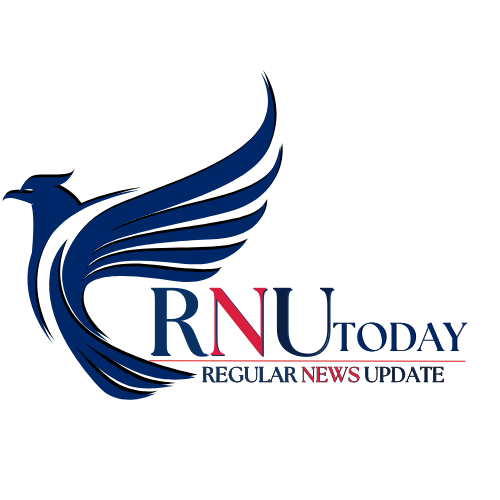

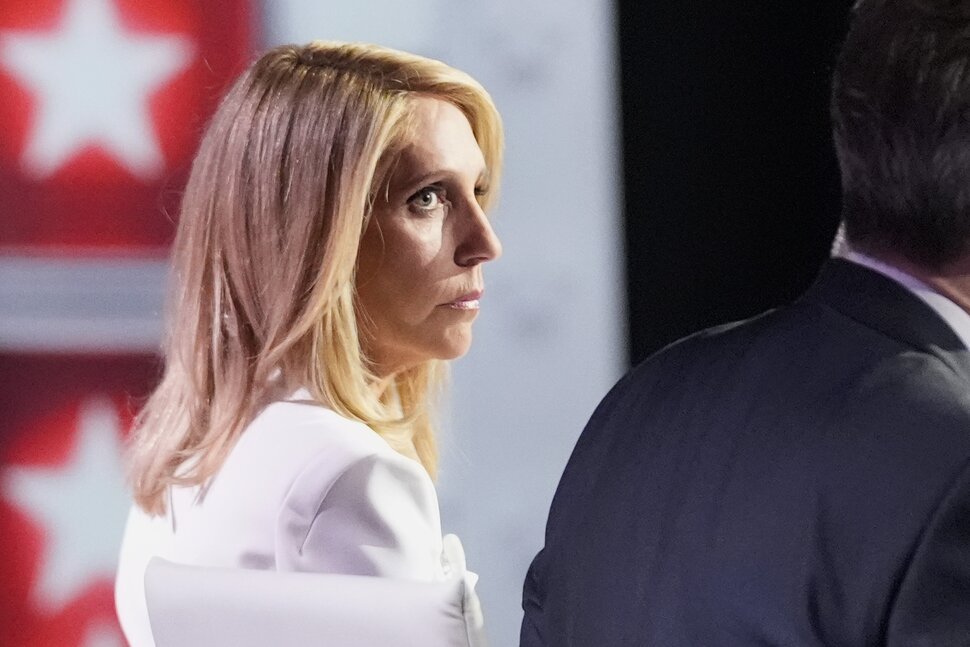

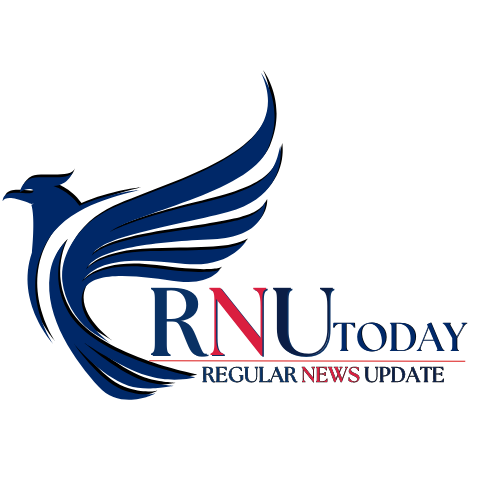
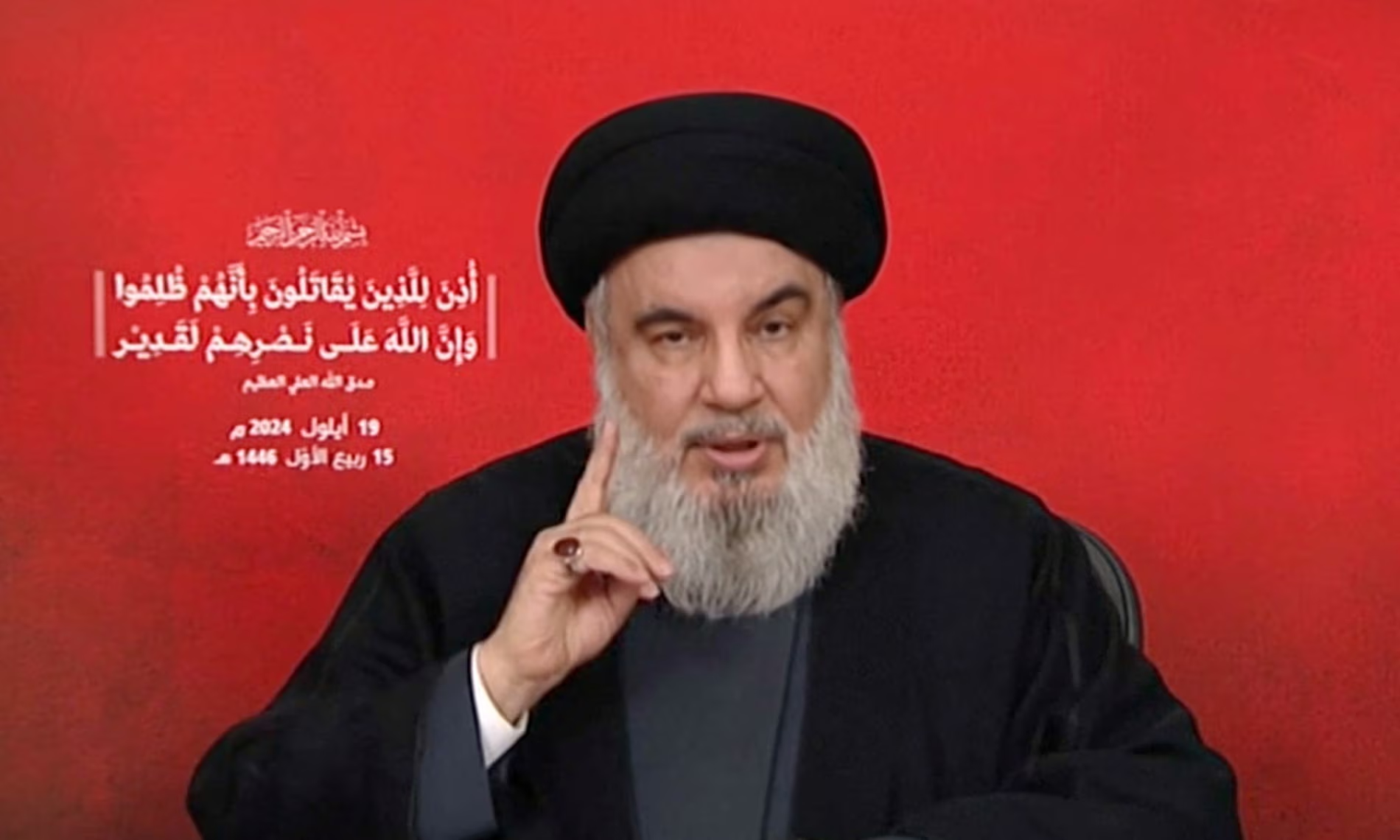
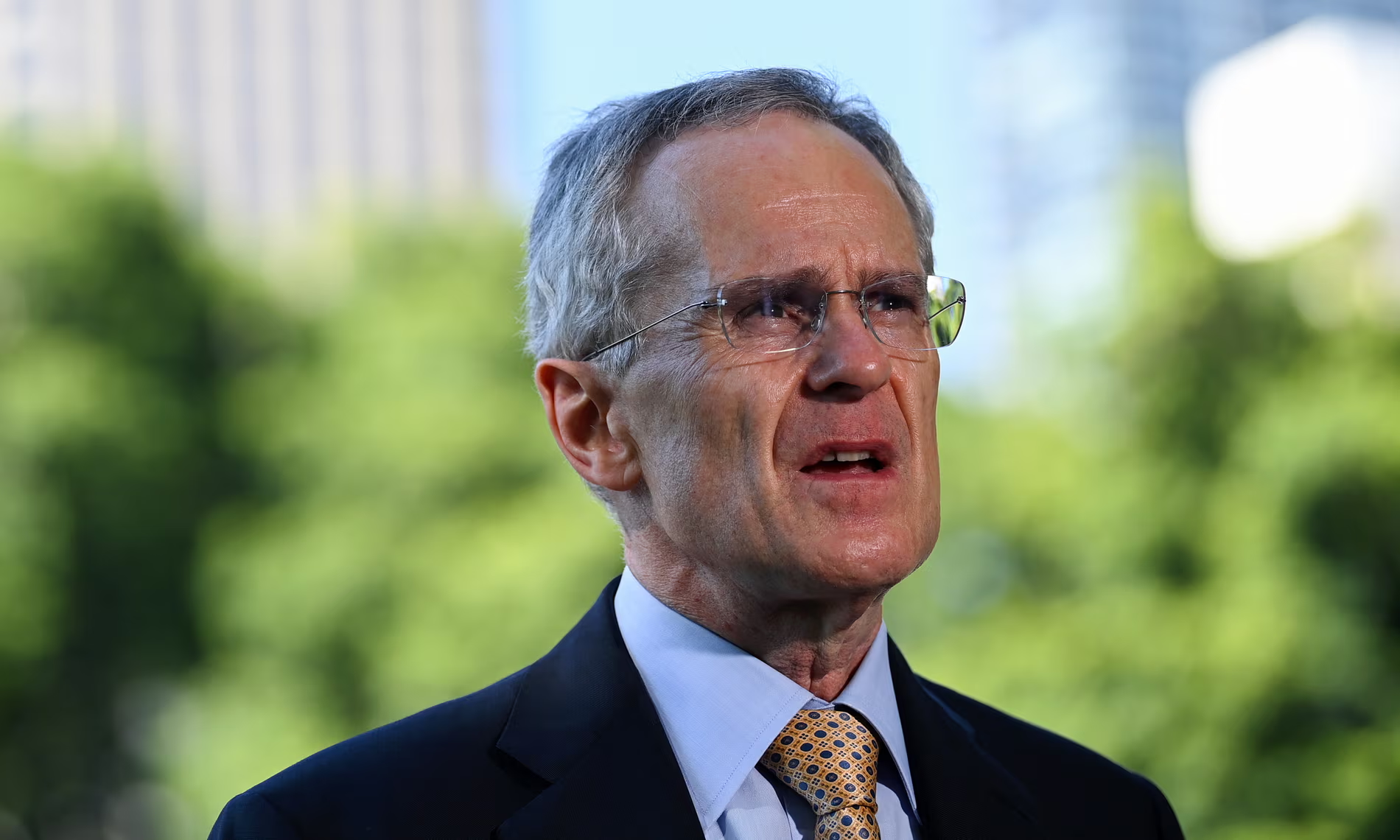
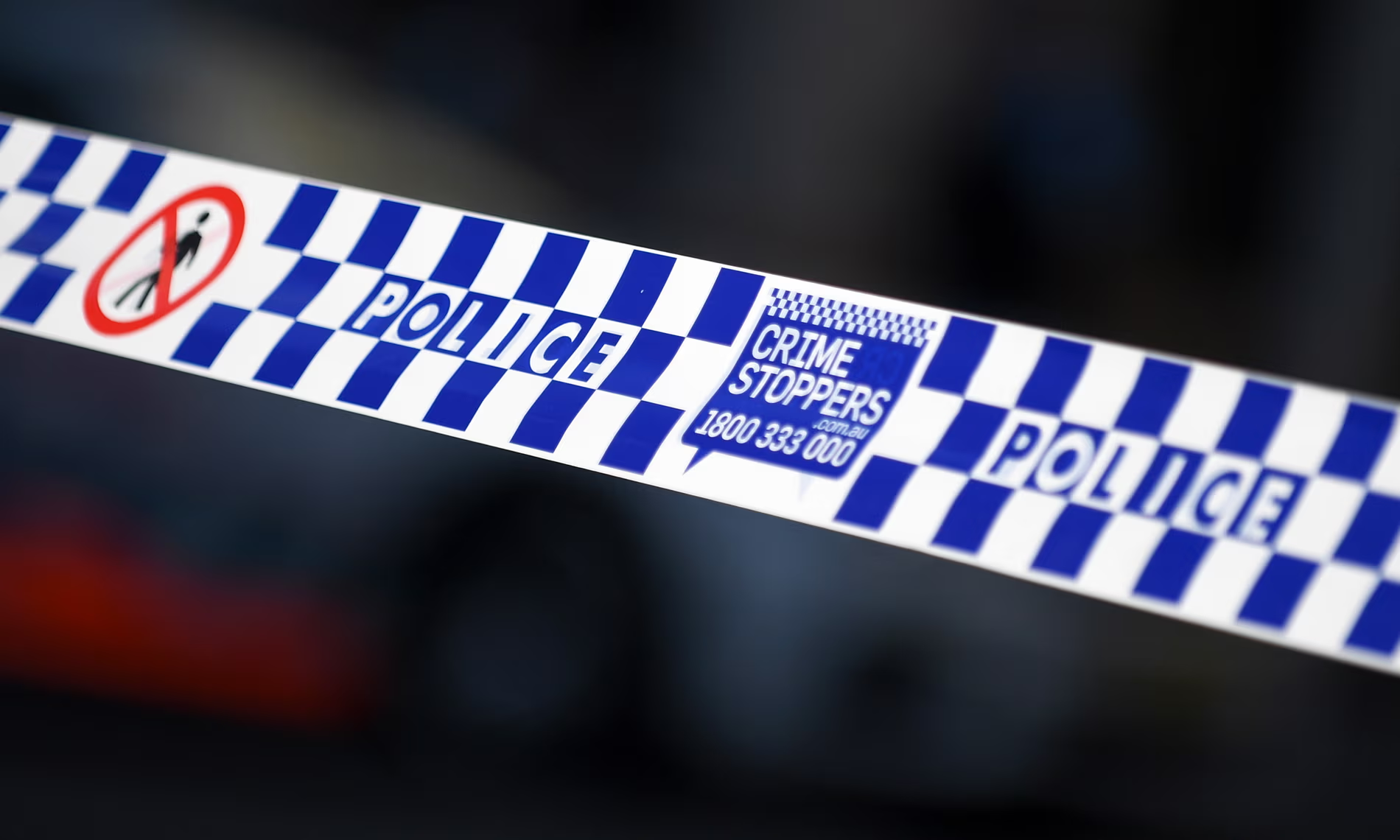
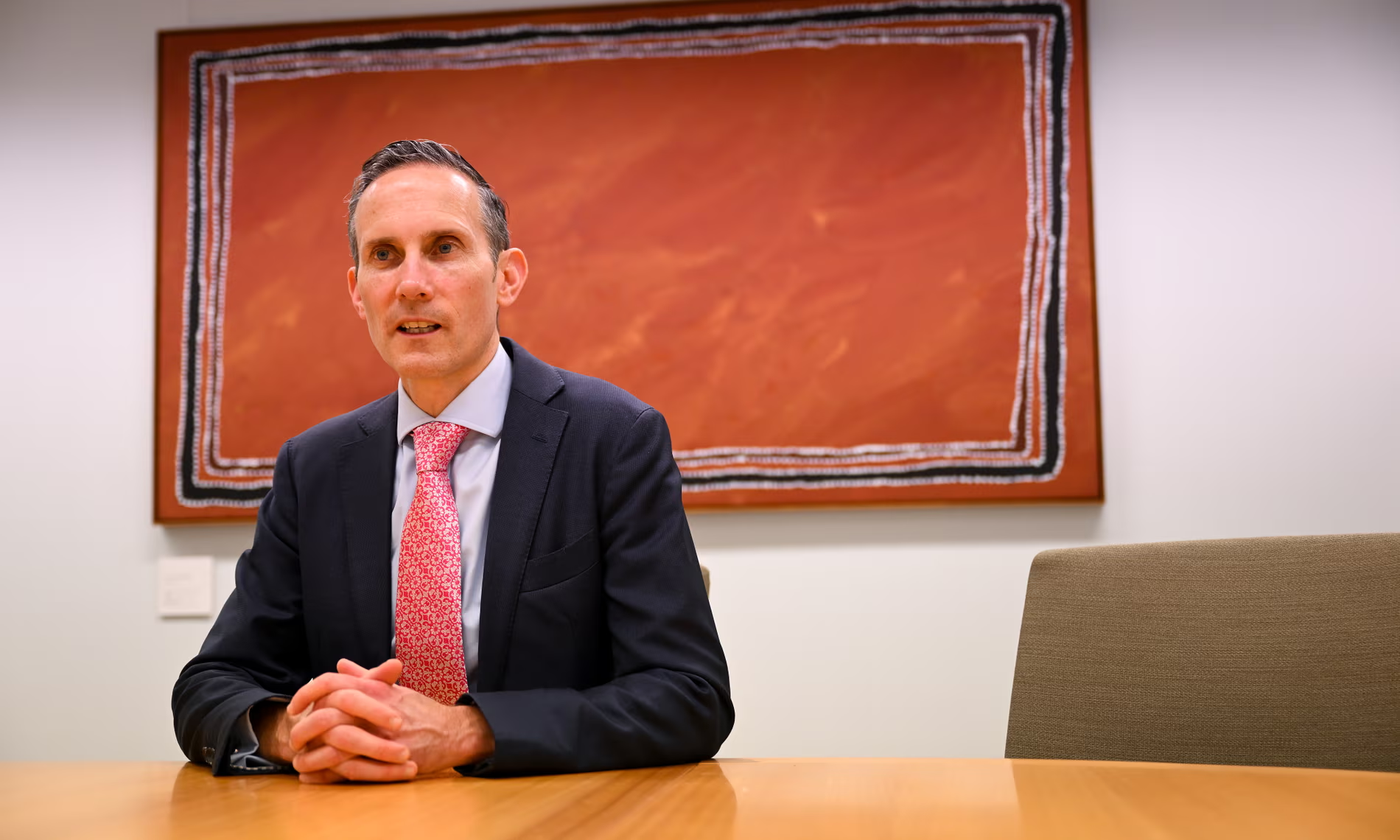
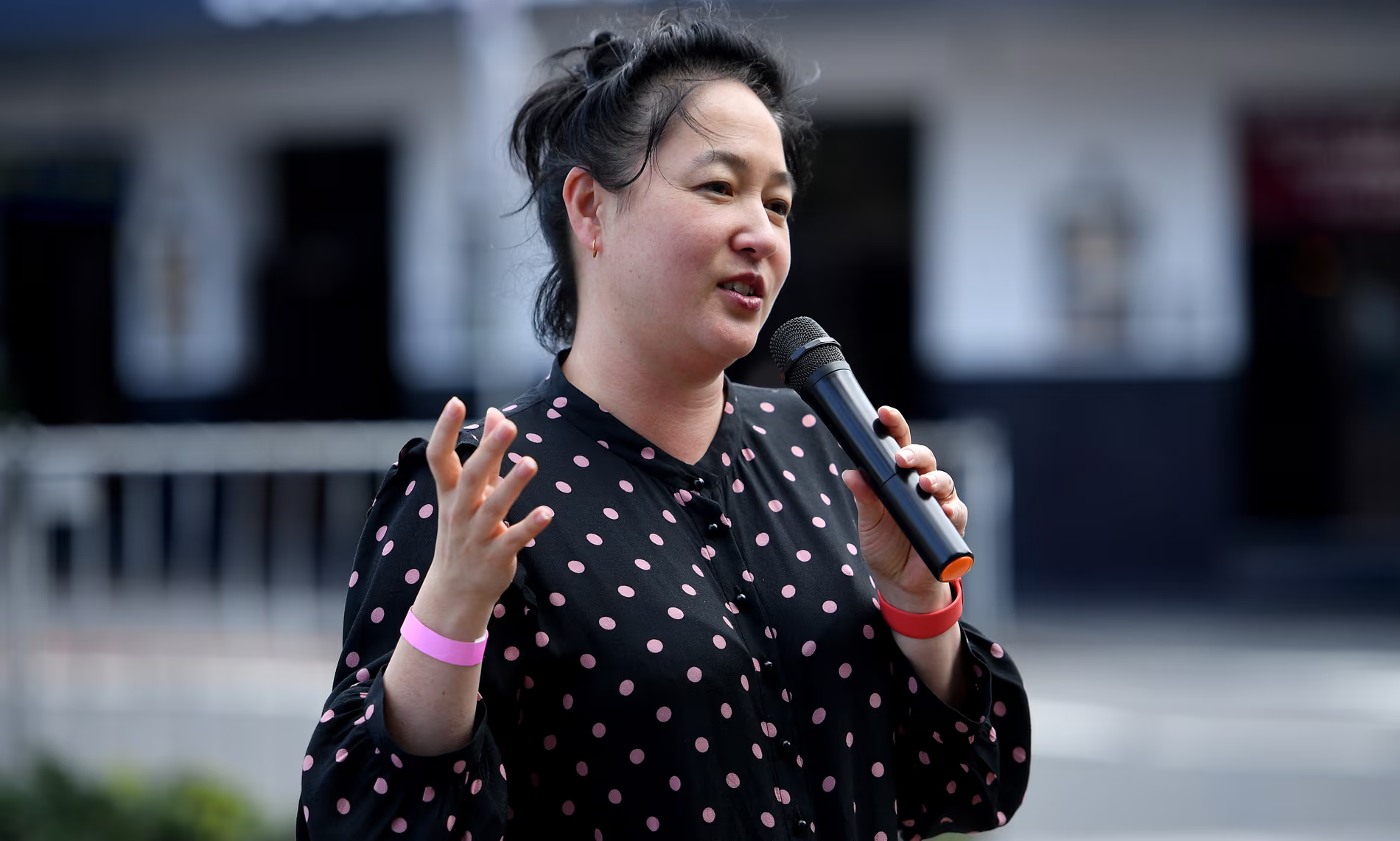
Leave a Reply